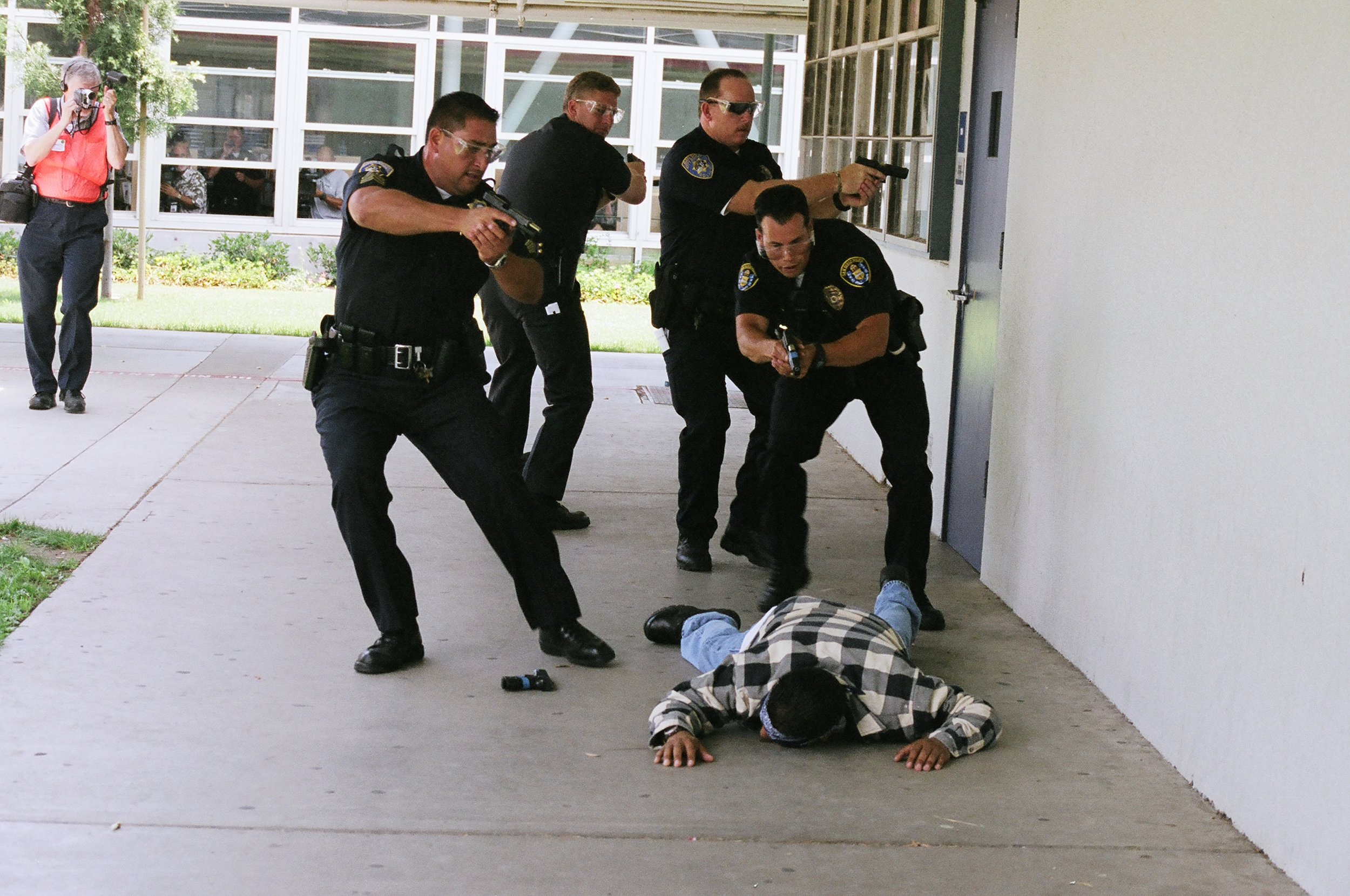EXERCISES
An exercise is an instrument to train for, assess, practice, and improve performance in prevention, protection, response, and recovery capabilities in a risk-free environment.
Exercises can be used for: testing and validating policies, plans, procedures, training, equipment, and interagency agreements; clarifying and training personnel in roles and responsibilities; improving interagency coordination and communications; identifying gaps in resources; improving individual performance; and identifying opportunities for improvement.
Tabletop
A Tabletop Exercise (TTX) is an activity that involves key personnel discussing simulated scenarios in an informal setting. This type of exercise can be used to assess plans, policies, and procedures or to assess the systems needed to guide the prevention of, response to, and recovery from a defined incident. TTXs typically are aimed at facilitating understanding of concepts, identifying strengths and shortfalls, and achieving changes in attitude. Participants are encouraged to discuss issues in depth and develop decisions through slow-paced problem solving, rather than the rapid, spontaneous decision making that occurs under actual or simulated emergency conditions.
Functional
A Functional Exercise (FE) is an activity designed to test and evaluate individual capabilities, multiple functions, activities within a function, or interdependent groups of functions. Events are projected through an exercise scenario with event updates that drive activity at the management level. An FE simulates the reality of operations in a functional area by presenting complex and realistic problems that require rapid and effective responses by trained personnel in a highly stressful environment.
Full-Scale
A Full-Scale Exercise (FSE) is a field based multi-agency, multi-jurisdictional, multi-organizational activity that tests many facets of preparedness. They focus on implementing and analyzing the plans, policies, procedures, and cooperative agreements developed in discussion-based exercises and honed in previous, smaller, operations-based exercises. In FSEs, the reality of operations in multiple functional areas presents complex and realistic problems that require critical thinking, rapid problem solving, and effective responses by trained personnel. During FSEs, events are projected through a scripted exercise scenario with built-in flexibility to allow updates to drive activity. FSEs are conducted in a real-time, stressful environment that closely mirrors real events.




